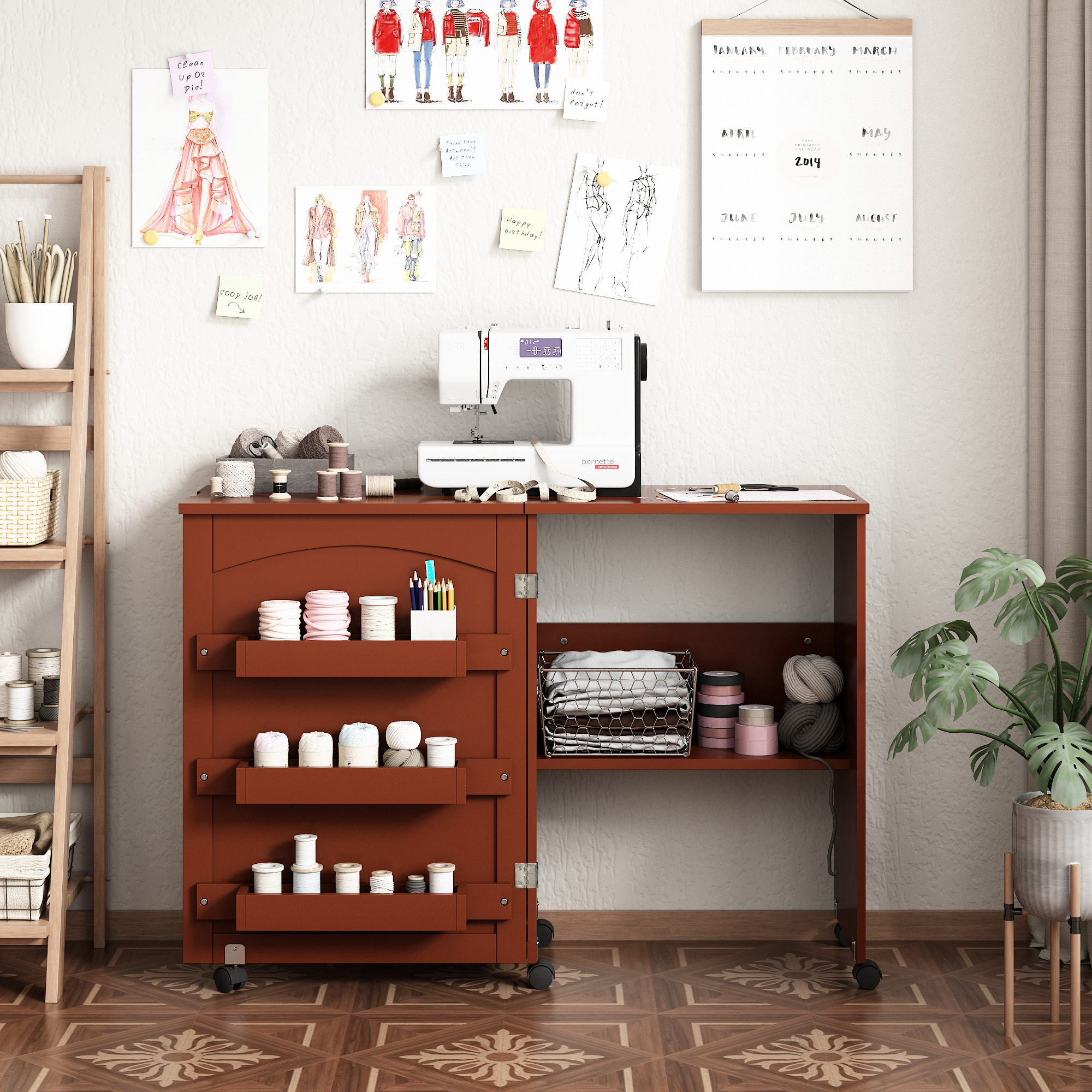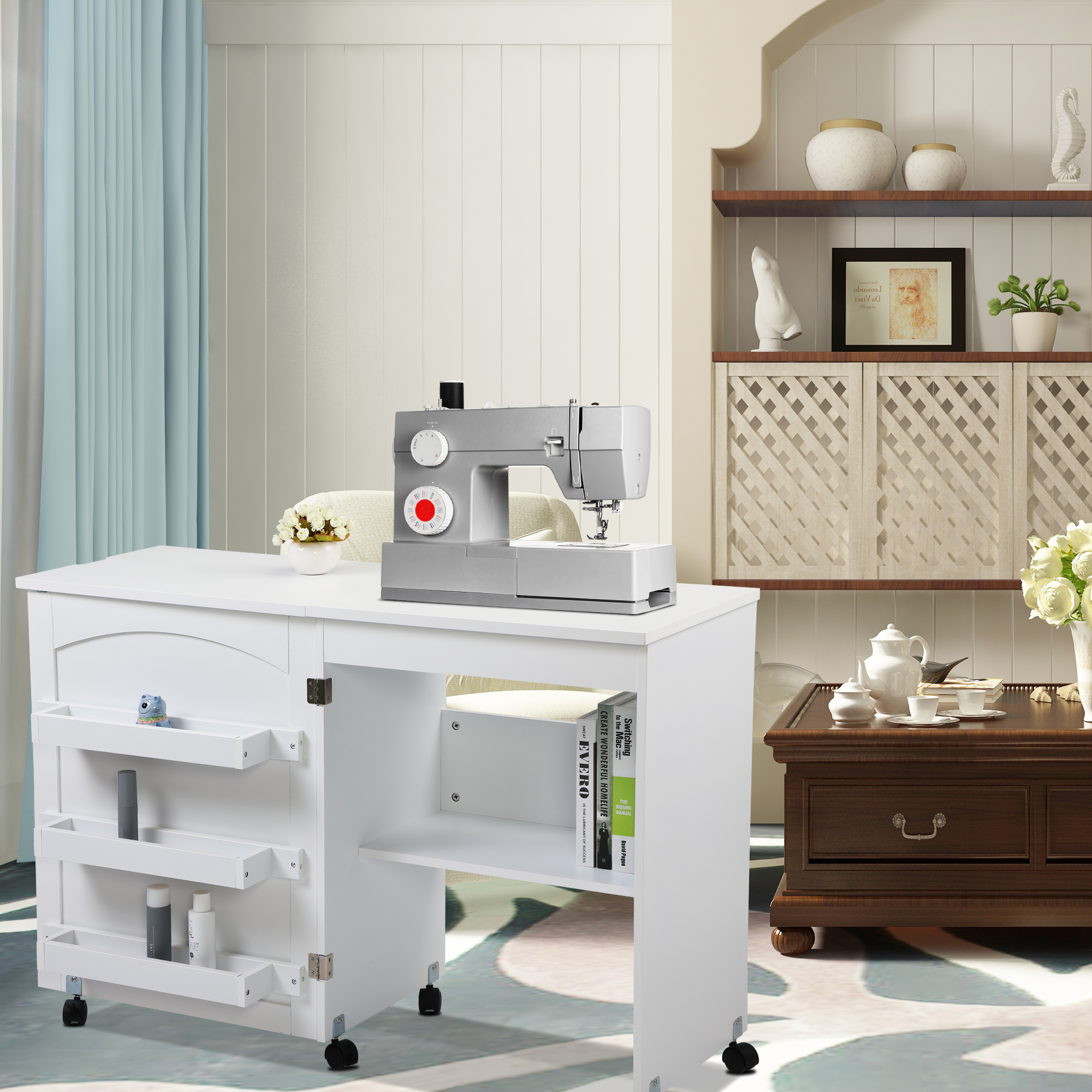7 Things to Consider Before Buying a Sewing Machine
A sewing machine purchase can seem like a daunting task. There are a ton of options available. We're going to talk about a few things you ought to consider beforehand.
When choosing a vendor, there are benefits and drawbacks to consider. You'll probably receive a better deal when you shop online at a retailer like Amazon. There are numerous machine options available to you. You can find out if people who have purchased particular sewing machines were happy with their purchases by reading their reviews.
Other benefits come with purchasing from a dealer. Before making a purchase, you can actually use the equipment. The dealers frequently provide instruction as well as perform repairs and maintenance on your machine. They are available to answer your questions.
They can also demonstrate and describe the use of the attachments that are offered. But before you purchase a machine based on those benefits, be sure to find out what kind of service that particular dealer provides.
Here are some factors you should take into account before making your purchase.
1. Basics
These suggestions come from seasoned sewers when searching for a machine.
You need a full rotary hook made of metal. This will prevent numerous traffic jams. A hook that revolves in a circle rather than back and forth is what you need.
The machine ought to be able to be opened so that you can remove the lint that will build up. You don't want to have to take it in for every cleaning, even though you may eventually want professional maintenance done, such as cleaning and lubricating. And if it isn't cleaned, your machine will clog and break.
Always get a machine with an open arm. Since most modern machines have this, there shouldn't be a problem. This is necessary if you want to sew pants legs or sleeves that slide onto the machine's arm.
Your machine can automatically adjust for materials of different thicknesses thanks to universal pressure. This will prevent thicker materials from jamming your machine.
It is best to use machines that thread easily. Try this out in the store if at all possible to see how it performs. Check out customer reviews before making an online purchase. This is especially helpful for sewers whose eyesight has deteriorated.
Do not use a lot of plastic. Purchasing a high-quality machine without fragile, low-cost plastic components will help you avoid issues.
2. Stitch Options
Here are the basic stitches you’ll need on your machine.
Straight stitch – This is the stitch you will use most often.
Zig Zag – Used when you need a finished look for raw edges.
Stretch straight – This is the stitch to use on anything you need to be secure after much use. It’s a precision stitch and you want a machine that can produce it correctly.
Tri-motion – finishes your edges and prevents unraveling.
Blind hem – Used to make hems that cannot be seen, or barely seen, from the right side of the clothing.
Button hole – A one step button hole option will save you lots of grief if you ever need to make button holes for clothing or other projects such as shower curtains.
Other stitches will be needed based on the specific projects you work on; but these are the basics you will need.
3. Mechanical or Electronic
To get the stitches you want from a mechanical machine, you must turn dials.
You will have adjustments made by an electronic device. Simply by pressing a button, you instruct it which stitch you desire.
With a solid state electronic device, you can work with more than two layers of material. Additionally, it makes it simpler to work with bulkier materials like canvas, denim, or leather. Additionally, they cost more money.

4. Bells and Whistles
Make sure the machine you buy is capable of carrying out all of your requirements. In the coming years, you might want to learn skills that call for having extra features. Find out if that is possible because some machines can have features added at a later time. This enables you to add as necessary.
You don't want to overwhelm yourself at first by purchasing a machine that is too complicated, even though the extras are nice if you need them.
5. The Weight and Size of the Machine
This is important if you have to store the machine when not in use or if you take it to craft fairs and other events. However, the weight of even tiny portable machines can vary, so lift it yourself before buying, or at the very least, check the weight listed before making an online purchase.
A heavier machine may be an indication of a higher-quality machine made with metal components rather than plastic parts if you intend to use it exclusively at home and in a specific location.
6. Budget
It would be great if this wasn't even a factor. If only every sewer could simply purchase the exact machine they desired without having to worry about the price. Sadly, this does not happen very often.
Most likely, you have a budgetary cap in place when looking for a machine. You might then weigh the benefits and drawbacks of this.
You can find a good, high-quality mechanical metal machine for less than $300. You may want to think about a used, reconditioned machine if that is out of your price range. A high-quality used machine is frequently a wiser investment than a less expensive new one.
You should look at more expensive, professional-style sewing machines that can withstand repeated use if you intend to use your machine frequently or as your sewing business. They could cost up to several thousand dollars more.
7. Service and Warranty
Find out the warranty's duration and what it covers. Ask if your machine can be serviced locally or if you'll need to mail it somewhere else. Ask other sewers about their experiences with the company you're thinking about purchasing from in terms of customer service.
Online forums and Facebook groups for sewers are abundant. You can inquire about their recommended products and favorite machines. But be ready because you'll hear a variety of opinions, and each one will think their choice is the best.
Ultimately, you must conduct your own research and select the device that is best for your individual requirements. Always keep in mind that quality comes before extra features.
A complex machine that keeps malfunctioning or jamming will only be a source of constant annoyance. Quality should come first.






